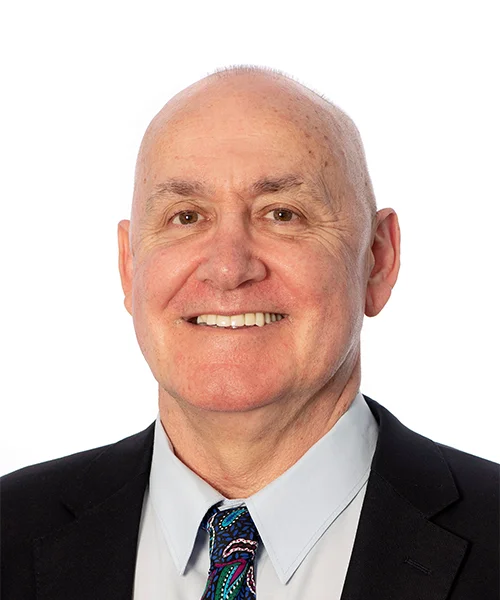Students receive individualised support to address their specific needs. They arrive in the morning and leave in the afternoon, much like a regular school program. Key highlights of program include a curriculum that is aligned with the Australian Curriculum standards, ensuring that students receive a well-rounded education in core subjects including English, Mathematics, Science, and Humanities.
There are small class sizes so teachers can engage with each student to address their academic and emotional needs effectively.
Dunlea also offers counselling services, social-emotional learning programs, and extracurricular activities.
Educators are trained in the Teaching Family Model of Care. Within the classroom setting, students learn how to navigate social situations more effectively, foster positive relationships, and develop a sense of belonging within their community.
Staff said students had already made positive progress. Education Services Manager, Harry Fairhall, said the demand for the program was there.
“In terms of working with some of the young people we already work with, the goal was to support early intervention. We saw a need – there was a hole in the community where we could assist in that mainstream setting,” he said.
“Prior to this we just had our schooling and residential program for Year 7 to 12 but we now have approval for Year 3-6, and we started with Year 5 and 6. Our first two students were siblings.”
Mr Fairhall said there was a strong focus on social skill development in a small group setting. “The big focus is having an opportunity to provide a little more academic support. We prioritise social skill development and social skill teaching – breaking down steps for skills such as following instructions,” he said.
“Six to nine months is what we’ve been working towards as an ideal placement. We have found that it makes a difference with the various complexities of young people that we’re working with.”
Mr Fairhall said the program created a sense of belonging. “We support children who have a feeling of disengagement from school, whether it’s a social component or an academic decline,” he said. “School refusal and behaviour has become more prevalent, whether it’s since COVID-19 lock downs or shifts in society – the rise of gaming and technology,” he said.
An additional classroom teacher has been brought on to support the expansion.
See the article on The Leader here


